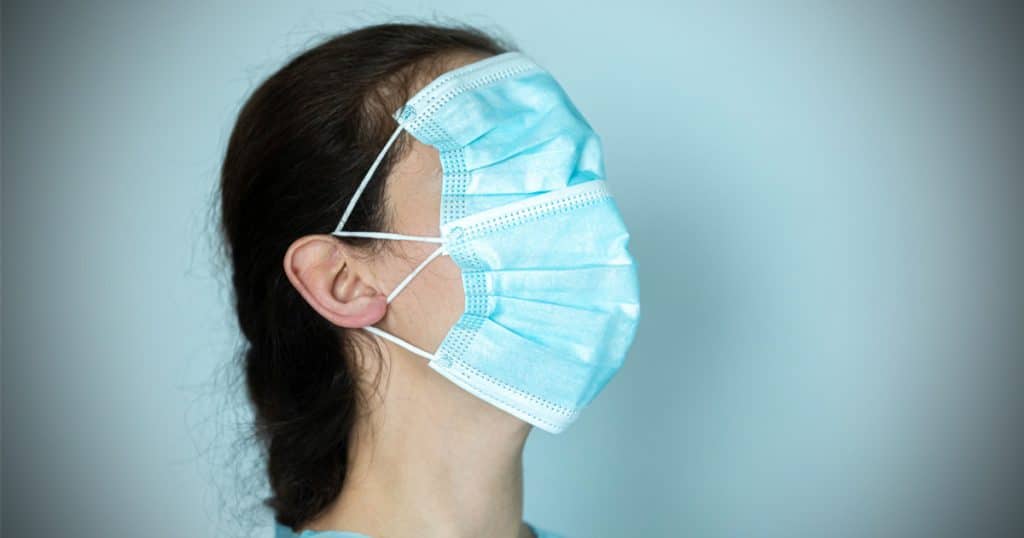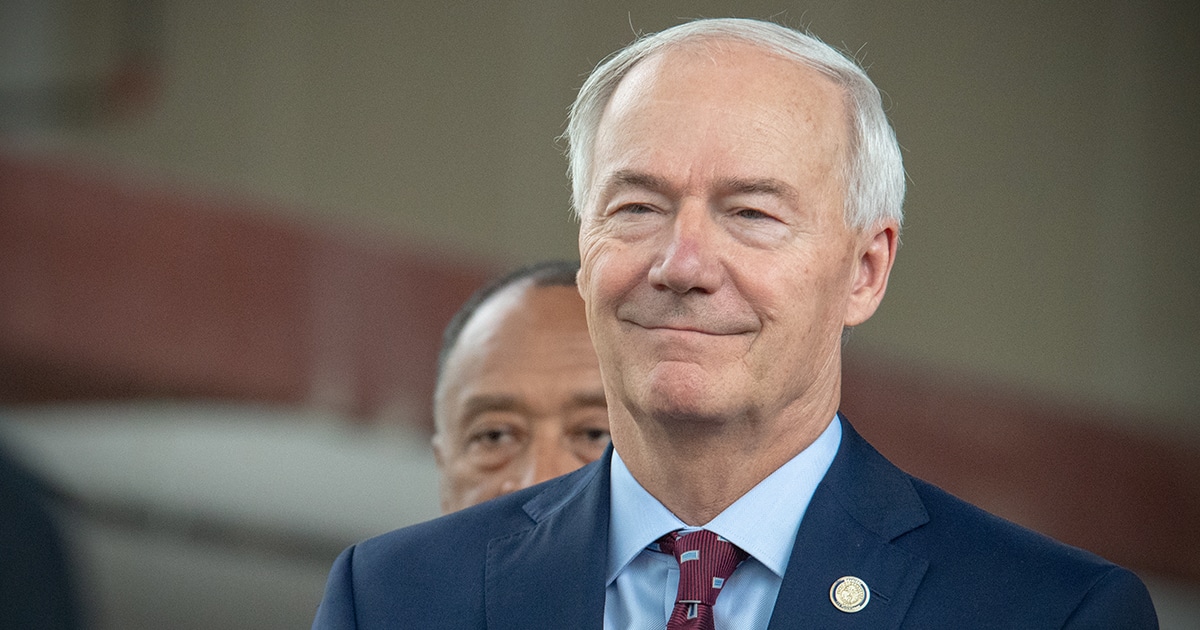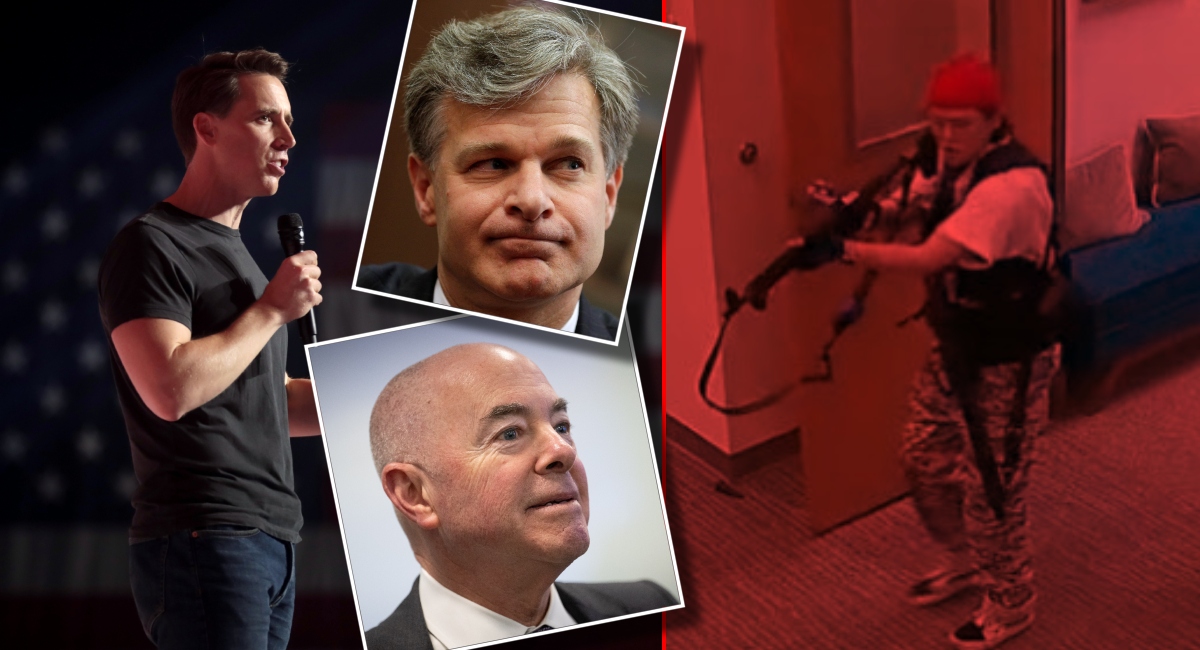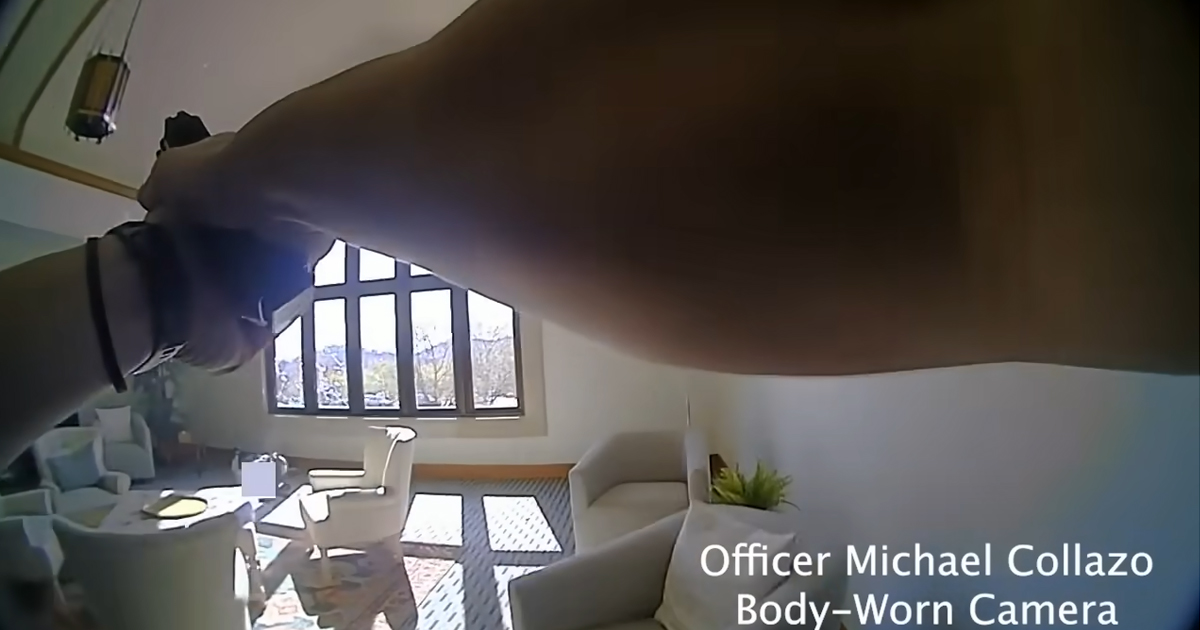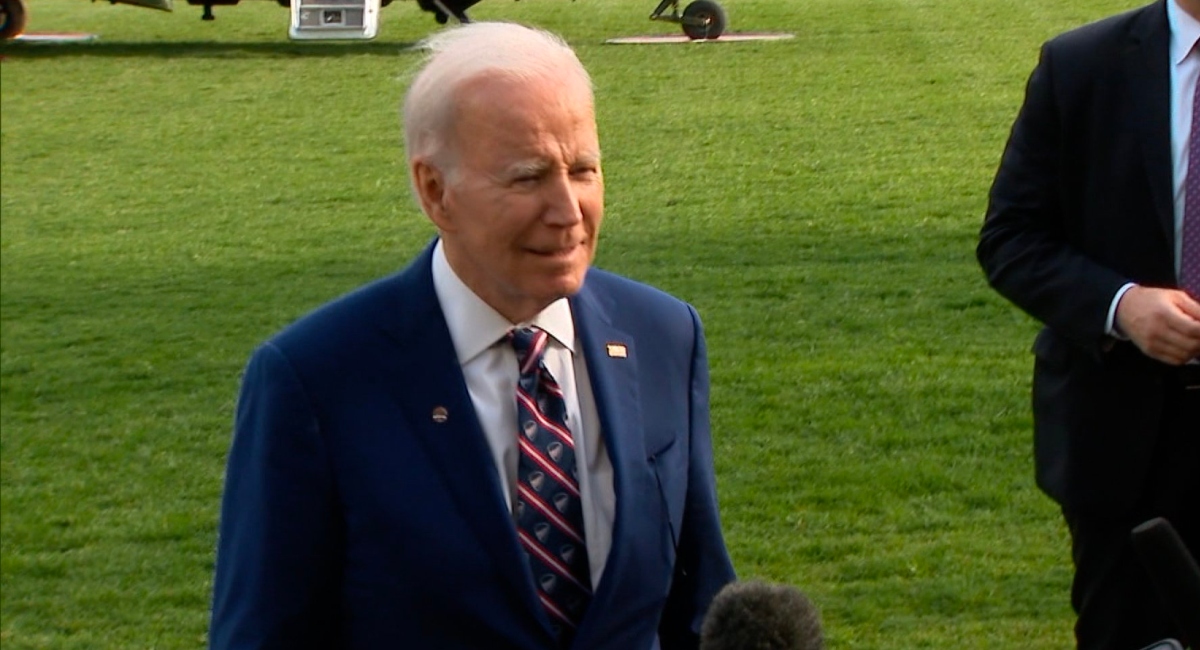A new study has showed that self-described ugly people are much more likely to wear face masks in a post-Covid world, with attractive people saying masks are a negative.
The study, conducted on Americans by researchers from Seoul National University in South Korea, looked at the role that self-perceived attractiveness played in determining the intentions of people in wearing face masks.
Researchers found that Americans who see themselves as attractive “believe wearing a mask hinders the opportunities to deliver a favorable impression to others,” whereas people who think they’re ugly believe that wearing face masks makes them look better.
This correlates with previous studies, as noted by the researchers, which showed that “relatively unattractive individuals are deemed more attractive with masks, whereas relatively attractive individuals’ mask-worn faces are perceived as less attractive.”
“Overall, we provide a novel finding that self-perceived attractiveness has significant effects on mask-wearing intention via mask attractiveness belief in the post-pandemic of COVID-19,” the researchers said. “Our findings suggest that mask-wearing can shift from being a self-protection measure during the COVID-19 pandemic to a self-presentation tactic in the post-pandemic era.”
In the first experiment, which involved 244 people, participants scored their facial attractiveness from 1-10, before imagining a scenario going to interview for a job that they really wanted. They were then asked if they thought the interviewers would see them as more attractive wearing a mask, and if wearing a mask was optional, would they wear one.
People who ranked themselves as being attractive were less likely to answer yes to both, with self-perceived ugly people fully endorsing wearing face masks to impress others.
In the second experiment, a section of 344 people were asked as to whether the hypothetical job interviewers would find them more attractive, as before, but others were asked if they would find them more trustworthy or more competent if they wore a face mask.
As in the first experiment, those who thought the interviewers would perceive them better in all three categories were more likely to wear a face mask. However, there was no correlation between whether somebody thought the interviewers would think they were more trustworthy or competent, with their own perceived attractiveness.
In the third and final study, involving 442 people, the researchers found there was a correlation between how much people would want to make a good impression on others, and whether they thought a mask would make them more attractive, caring more about their looks in a fictional job interview, than going out on a dog walk.
This news and commentary by Jack Hadfield originally appeared on Valiant News.

